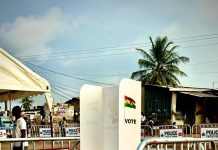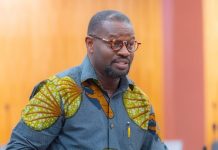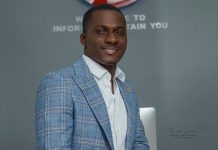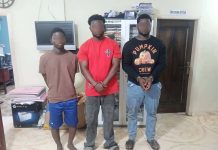The trial of Oath Keepers founder Stewart Rhodes and four associates in connection with the Jan. 6, 2021 attack on the U.S. Capitol on Tuesday heard some prospective jurors express fears that reliving that day would be too traumatic for them to be impartial.

The case against the followers of the far-right militia, whose membership includes current and former U.S. military and law enforcement personnel, marks the most high-profile prosecution so far in the Justice Department’s investigation into the deadly attack.
Supporters of former President Donald Trump, a Republican, stormed the U.S. Capitol in a failed attempt to overturn his 2020 election loss to Democrat Joe Biden after Trump falsely claimed the election had been stolen from him. Five people died during and shortly after the riot, and about 140 police were injured.
Rhodes and his co-defendants Kelly Meggs, Thomas Caldwell, Jessica Watkins and Kenneth Harrelson are the first people in more than 10 years to face federal charges of seditious conspiracy under a Civil War-era statute that is rarely prosecuted and carries a statutory maximum sentence of 20 years in prison.
Seditious conspiracy is defined as two or more people plotting “to overthrow, put down or to destroy by force the government of the United States.”
Nearly 30 of the more than 130 people in the jury pool were quizzed by Judge Amit Mehta, prosecutors and defense attorneys on Tuesday on their views on guns, Trump supporters and whether they had closely followed news coverage of the Jan. 6 attack.
At least two people compared the trauma of the events of Jan. 6 to the al Qaeda attacks of Sept. 11, 2001, while another man said he was so triggered by television footage of the riot that he would need prescription medication to get through the trial.
Other jurors, meanwhile, told the court they were concerned their strongly held political views could make it too difficult to be impartial.
“I think the Capitol is a sacred space. It is more sacred than a church,” yet another prospective juror told the court.
























































![[FREE FREE MONEY] Predict and Win a Guaranteed GH¢200 From Us EVERY WEEK](https://wordpress.ghanatalksradio.com/wp-content/uploads/2022/02/Predict-and-Win-Final-09-03-2021-218x150.jpg)
![[Predict & Win – 8th/Oct.] WIN A Guaranteed ¢200 From Us This Week](https://wordpress.ghanatalksradio.com/wp-content/uploads/2021/10/maxresdefault-16-218x150.jpg)
![[Predict & Win – 2nd] WIN A Guaranteed ¢200 From Us This Week](https://wordpress.ghanatalksradio.com/wp-content/uploads/2021/09/maxresdefault-50-218x150.jpg)
![[Predict & Win – 25th] WIN A Guaranteed ¢200 From Us This Week](https://wordpress.ghanatalksradio.com/wp-content/uploads/2021/09/maxresdefault-36-218x150.jpg)
![[Predict & Win – 18th] WIN A Guaranteed ¢200 From Us This Week](https://wordpress.ghanatalksradio.com/wp-content/uploads/2021/09/maxresdefault-23-218x150.jpg)









![[National cathedral] See full list of churches that have contributed since 2018](https://wordpress.ghanatalksradio.com/wp-content/uploads/2020/09/Ghana-National-Cathedral-GhanaTalksRadio-100x70.jpg)



